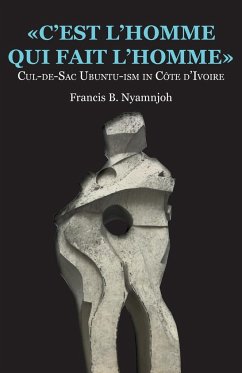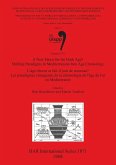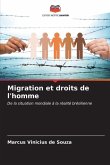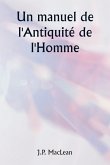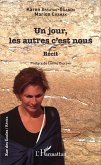The idea that human beings are inextricably bound to one another is at the heart of this book about African agency, especially drawing on the African philosophy Ubuntu, with its roots in human sociality and inclusivity. Ubuntu's precepts and workings are severely tested in these times of rapid change and multiple responsibilities. Africans negotiate their social existence between urban and rural life, their continental and transcontinental distances, and all the market forces that now impinge, with relationships and loyalties placed in question. Between ideal and reality, dreams and schemes, how is Ubuntu actualized, misappropriated and endangered? The book unearths the intrigues and contradictions that go with inclusivity in Africa. Basing his argument on the ideals of trust, conviviality and support embodied in the concept of Ubuntu, Francis Nyamnjoh demonstrates how the pursuit of personal success and even self-aggrandizement challenges these ideals, thus leading to discord in social relationships. Nyamnjoh uses a popular Ivorian drama with the same title to substantiate life-world realities and more importantly to demonstrate that new forms of expression, from popular drama to fiction, thicken and enrich the ethnographic component in current anthropology.
Hinweis: Dieser Artikel kann nur an eine deutsche Lieferadresse ausgeliefert werden.
Hinweis: Dieser Artikel kann nur an eine deutsche Lieferadresse ausgeliefert werden.

